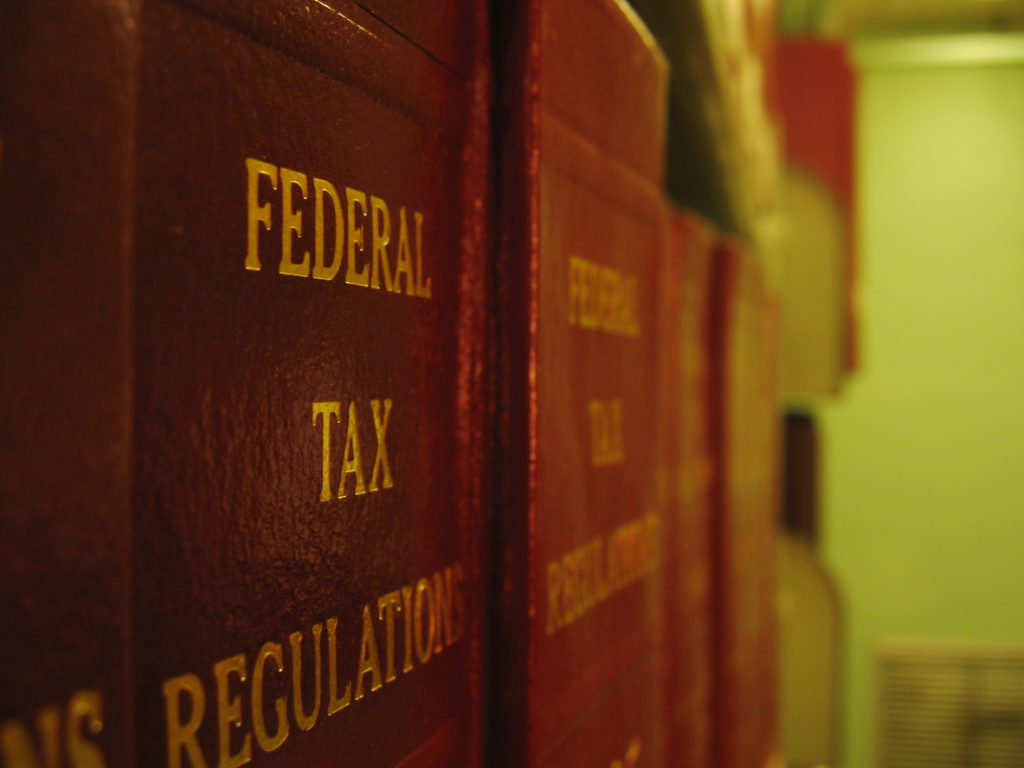I have a lot of business owners and self-employed clients who ask what records to keep in order to deduct their car or truck expenses incurred in their business. I first remind them to keep track of the total miles they drive during the year as well as the total miles driven for business. The reason is if the business owner uses their car for both business and personal purposes, the expenses must be split. Therefore, they will need to know the total miles and total business miles to calculate deduction based on the portion of mileage used for business.
There are two methods for figuring car expenses:
Using actual expenses which include:
o Depreciation or Lease payments
o Gas and oil
o Tires
o Repairs and tune-ups
o Insurance
o Registration fees

Using the standard mileage rate. Under this method business owners will keep track of the business miles driven during the year and multiply that total by the current standard mileage rate in effect. However, the business owner must choose to use this method in the first year the car is available for use in their business. In addition, business owners who want to use the standard mileage rate for a car they lease must use it for the entire lease period. The standard mileage rate for 2019, is 58 cents.
No matter which option you select you must keep adequate records. You should keep a diary, travel log or trip sheets documenting where you went, who you met and the mileage and date. You should also keep documentary evidence such as gas receipts, credit card statements and cancelled checks or repair bills to support your expenses. I always recommend paying all the car and truck expenses with the same credit or debit card.
If you have any questions about deducting car expenses call Gregory J. Spadea at 610-521-0604. The Law Office of Spadea & Associates provides estate and tax planning services to business and individual clients including tax return preparation services year-round.







